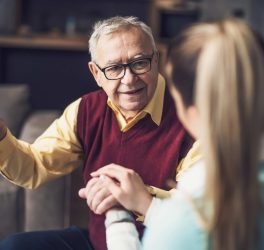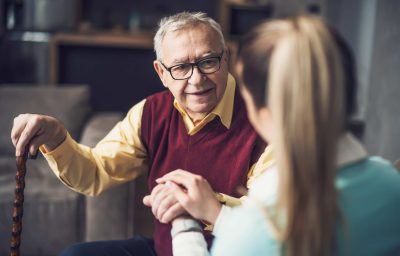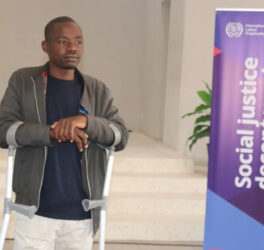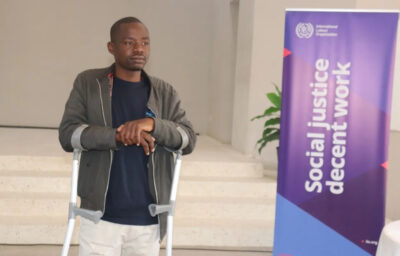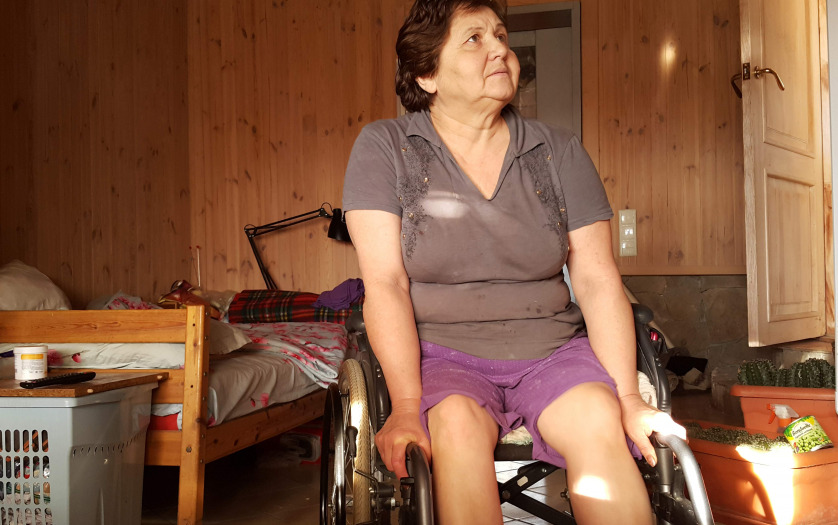
Mozambique has mounted its response to COVID-19 whilst grappling with growing armed conflict in the north of the country and attempting to recover from the devastation caused by Cyclone Idai in March 2019.
While confirmed cases remain comparatively low the fallout of COVID-19 both economically and socially coupled with these pre-existing vulnerabilities has severely impacted older people’s needs in the country. Therefore, HelpAge undertook this assessment in May 2020 in four provinces through local partners ACIDECO, ASADEC, Vukoxa and APITE. The findings will both support HelpAge and its partners to adapt its programmes to better address older people’s concerns and will also provide information to Government and humanitarian actors to enable them to fulfil their responsibilities to older people.
Key findings
- 99% of the older people interviewed stated that they had heard about COVID-19, although 30% said that they faced barriers to accessing information as most is published or shared in Portuguese, which they do not understand. 77% would prefer to receive information via the radio and in local languages.
- 44% of respondents stated that they were unable to access prevention materials such as masks or hand sanitiser as they cannot afford to buy them, while 26% of older people and 34% of older people with disabilities said they were unable to practice safe handwashing. A much higher proportion of older people in Tete and Sofala provinces reported this problem.
- While 23% of older people confirmed that their access to health services has reduced, 10% did not have access even before the pandemic and 39% of those who need medicines for chronic conditions reported being unable to access them. 73% of older people did not know where to get a test or treatment for COVID-19. After being informed of their nearest facility, 76% said they were unable to access it anyway.
- 73% of older women and men and older people with disabilities in all research locations say that their main priority is access to food. 52% of the respondents had food stocks for less than one week, with 22% of older people and 30% of those aged 80 years and above, having less than 2 days food available. 40% reported having changed their diets significantly since March.
- 73% of the older people interviewed have care responsibilities and 65% are responsible for providing food and shelter. This is a huge pressure and 33% say they are unable to cope, especially in Maputo. Both men and women report increased risks of neglect and isolation because of COVID-19 and 74% report feeling anxious most or all the time.

